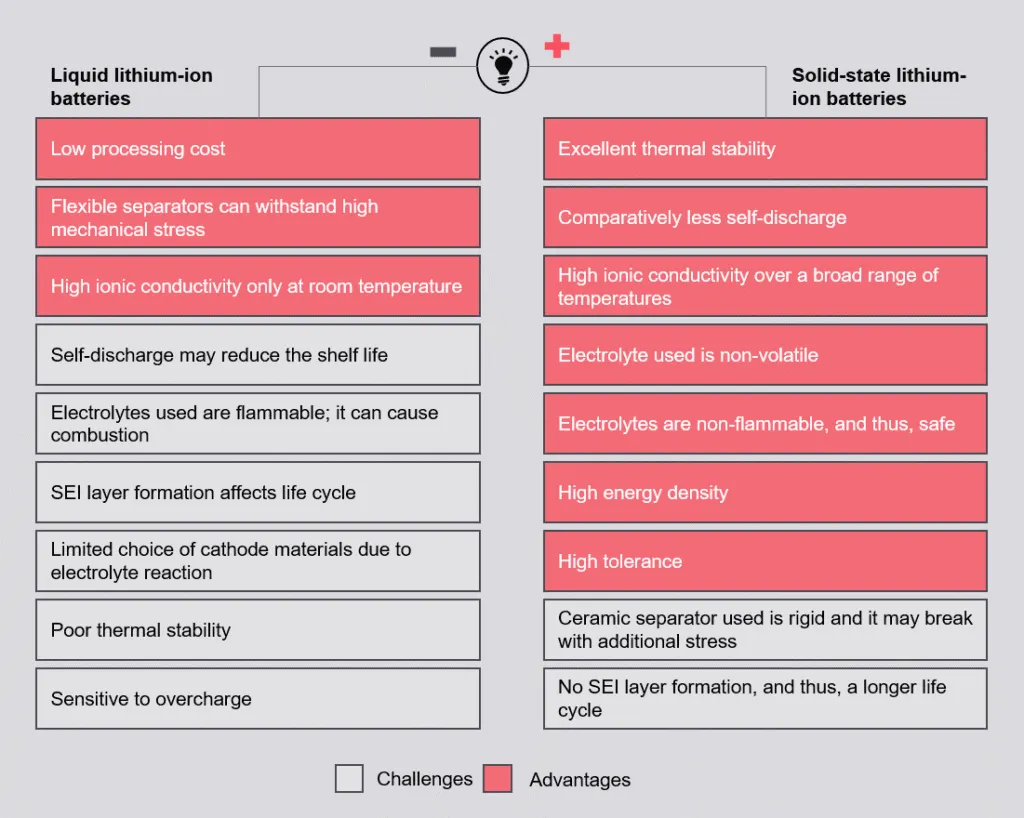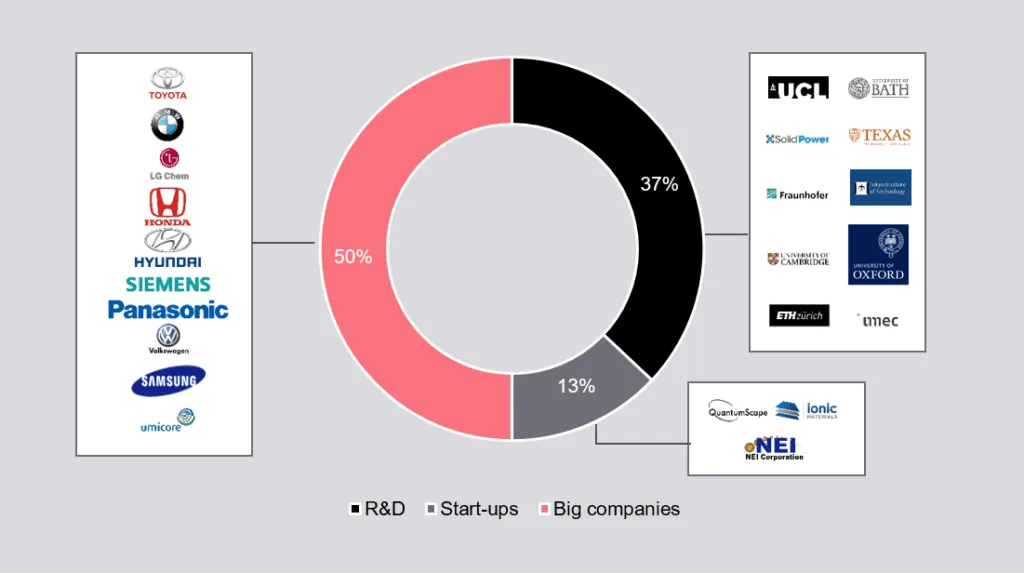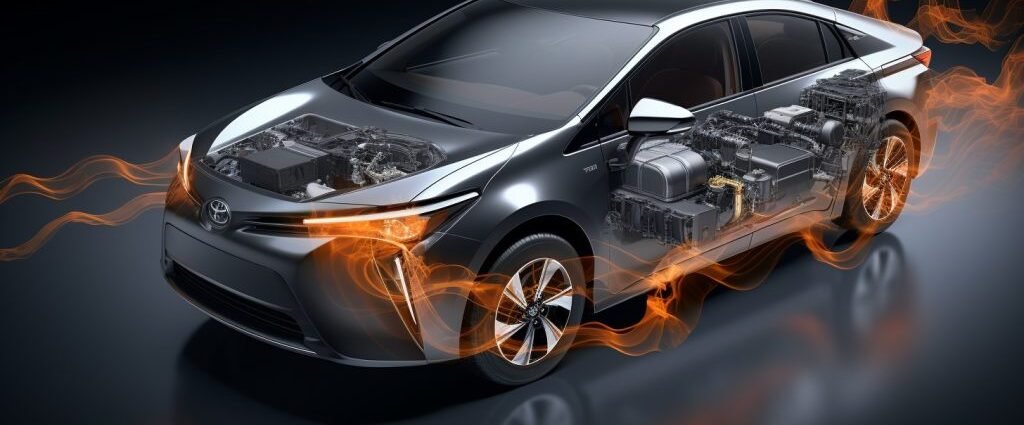Toyota has announced a significant advancement in solid-state battery technology, which they believe will revolutionize the electric car industry. The company plans to start manufacturing these new batteries by 2028, as they are lighter and more efficient compared to current batteries. With a charging time of only 10 minutes, electric vehicles using these batteries will have a range of 1200 kilometres.
Solid-state batteries have been around for a long time, with solid electrolytes being developed in the 1800s by Michael Faraday. These batteries are currently used in medical implants, but finding a cost-effective way to produce them has been challenging.
Lithium-ion batteries usually consist of a graphite electrode, a metal oxide electrode, and a lithium salt electrolyte dissolved in a solvent. However, solid-state batteries may use alternative materials like ceramics and sulphides instead of lithium.
Some solid-state battery prototypes still use lithium, but cutting it out is advantageous because it is scarce and harmful to the environment when mined. The scarcity is expected to worsen as the world transitions to renewable energy and relies more on battery storage.

Solid electrolytes have a lower density compared to lithium-ion batteries, allowing solid-state batteries to be smaller and lighter. This has the potential to reduce the size and weight of electric cars or increase their range. Additionally, the higher energy density and lower weight of solid-state batteries could make electric aircraft feasible.
Toyota recently announced plans to manufacture solid-state batteries for cars in collaboration with Idemitsu Kosan. The companies aim to begin production by 2027 or 2028, with plans to increase production capacity in the future.

Other car companies apart Toyota such as Ford, BMW, and Mercedes-Benz are also investing in battery chemistry research. Ford and BMW have invested in a company called Solid Power, which plans to produce enough cells for 800,000 cars annually by 2028. Mercedes-Benz has also invested in a different firm called Factorial Energy.
Toyota, along with other companies, is investing in solid-state battery technology. It remains to be seen which company will succeed first and how much of an improvement these new battery designs will bring.
Reference – Top Speed, Inside EV, Electrive, Interesting Engineering, New Scientist, Nikkei Asia







